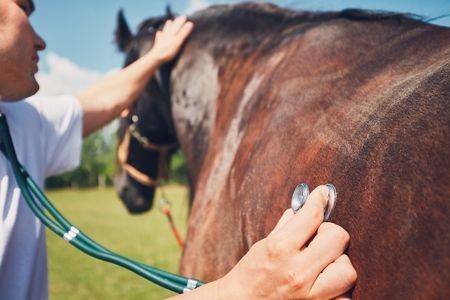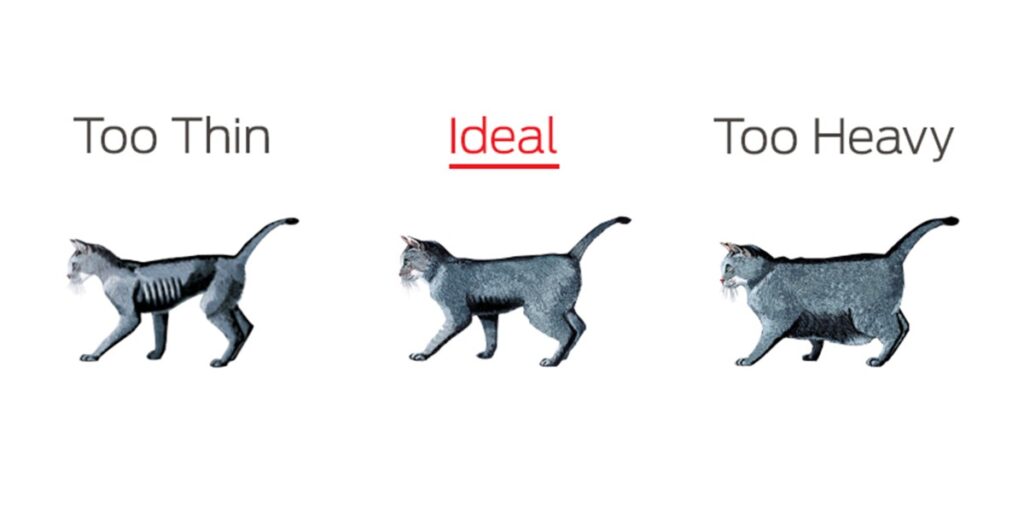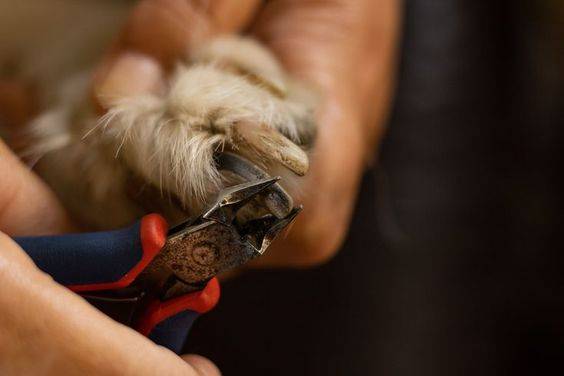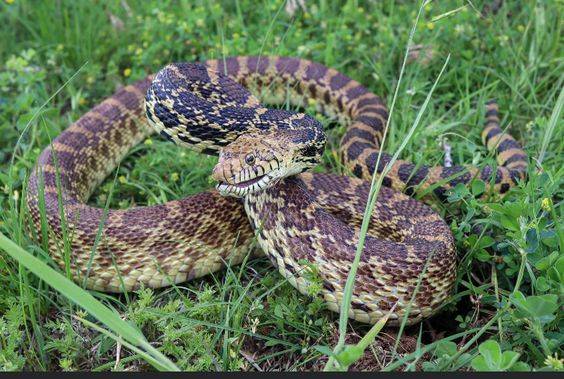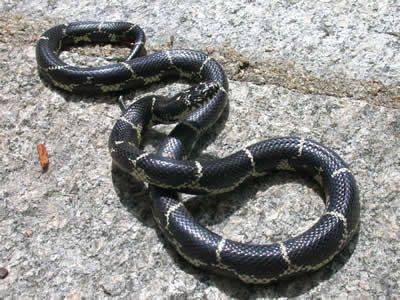Horses, like all animals, are susceptible to various horse health problems that can affect their overall well-being and performance. Understanding these issues and knowing how to prevent them is crucial for any horse owner. This comprehensive guide covers some of the most common horse health problems and provides tips on how to prevent them, ensuring your equine friend stays healthy and happy.
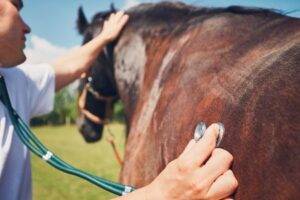
Understanding Colic horse health problems:
Colic is a term used to describe abdominal pain in horses, which can range from mild discomfort to severe, life-threatening conditions. It is one of the most common and serious horse health problems.
Symptoms:
- Restlessness and pawing at the ground
- Sweating
- Rolling or attempting to roll
- Looking at the flank
- Lack of appetite
- Kicking at the abdomen
Prevention:
- Ensure a consistent feeding schedule with high-quality forage.
- Provide clean, fresh water at all times.
- Avoid sudden changes in diet.
- Regularly deworm your horse to prevent intestinal parasites.
- Encourage regular exercise to promote gut motility.
Understanding Laminitis:
Laminitis is a painful inflammation of the tissues (laminae) that bond the hoof wall to the pedal bone in the horse’s hoof. It can lead to permanent damage and severe lameness.
Symptoms:
- Reluctance to move or walk
- Shifting weight from one hoof to another
- Heat in the hoof
- Increased digital pulse
Prevention:
- Maintain an appropriate body weight for your horse.
- Monitor and manage pasture intake, especially in spring and autumn when grass is lush.
- Avoid feeding high-starch and high-sugar diets.
- Regular hoof care by a qualified farrier.
- Immediate veterinary care if any signs of laminitis are observed.
Understanding Equine Gastric Ulcers:
Gastric ulcers are sores that develop on the lining of the horse’s stomach, often due to prolonged exposure to stomach acids.
Symptoms:
- Poor appetite
- Weight loss
- Dull coat
- Behavioral changes, such as irritability and sensitivity to girth tightening
Prevention:
- Feed frequent, small meals throughout the day to neutralize stomach acid.
- Provide access to forage, like hay or pasture, to keep the stomach relatively full.
- Avoid long periods without food.
- Limit the use of non-steroidal anti-inflammatory drugs (NSAIDs).
- Consider using supplements that promote gastric health.
Understanding Respiratory Issues:
Horses are prone to various respiratory horse health problems, including allergies, infections, and conditions like heaves (equine asthma).
Symptoms:
- Persistent cough
- Nasal discharge
- Labored breathing
- Decreased exercise tolerance
Prevention:
- Ensure good stable ventilation to reduce dust and ammonia buildup.
- Use dust-free bedding.
- Soak or steam hay to reduce dust and mold spores.
- Avoid overcrowded environments where respiratory infections can spread.
- Regular vaccinations to prevent respiratory diseases like influenza and rhinopneumonitis.
Understanding Hoof Abscesses:
A hoof abscess occurs when bacteria enter the hoof and cause an infection, leading to pus accumulation and severe pain.
Symptoms:
- Sudden, severe lameness
- Heat in the hoof
- Swelling in the lower leg
- Pus draining from the sole or coronary band
Prevention:
- Regular hoof cleaning and inspection.
- Provide a dry, clean environment to prevent bacterial growth.
- Avoid turnout in overly wet, muddy conditions.
Understanding Cushing’s Disease:
Equine Cushing’s Disease, or Pituitary Pars Intermedia Dysfunction (PPID), is a hormonal disorder common in older horses, affecting the pituitary gland.
Symptoms:
- Excessive drinking and urination
- Lethargy
- Muscle wasting
Prevention:
- Regular veterinary check-ups, especially for older horses.
- Monitor and manage body condition and weight.
- Provide appropriate nutrition, low in non-structural carbohydrates.
- Prompt treatment of infections or other illnesses.
Understanding Arthritis:
Arthritis is the inflammation of joints. It is particularly common in older horses or those with a history of heavy work.
Symptoms:
- Stiffness, especially after rest
- Swelling around the joints
- Lameness
- Reluctance to move or perform
Prevention:
- Ensure a balanced diet rich in omega-3 fatty acids and antioxidants.
- Regular, moderate exercise to maintain joint mobility.
- Avoid excessive work on hard surfaces.
- Use joint supplements as recommended by your veterinarian.
- Maintain an appropriate body weight to reduce stress on joints.
Understanding Skin Conditions:
Horses can suffer from various skin problems, including rain rot, ringworm, and insect hypersensitivity.
Symptoms:
- Itching and scratching
- Hair loss
- Scabs or lesions
- Skin swelling
Prevention:
- Maintain a clean, dry environment.
- Regular grooming to remove dirt and parasites.
- Use fly repellents and protective fly gear during insect season.
- Avoid sharing grooming tools and equipment between horse health problems to prevent the spread of infections.
Understanding Dental horse health Problems:
Dental issues in horses, such as sharp enamel points, hooks, and tooth decay, can lead to difficulty eating and weight loss.
Symptoms:
- Dropping food while eating
- Weight loss
- Foul odor from the mouth
- Head tossing or resisting the bit
Prevention:
- Provide appropriate forage to promote natural chewing and tooth wear.
- Monitor your horse’s eating habits and body condition regularly.
Understanding Parasite Infestation:
Internal parasites, such as worms, can cause significant horse health problems, including weight loss, colic, and anemia.
Symptoms:
- Weight loss
- Poor coat condition
- Pot-bellied appearance
- Diarrhea
Prevention:
- Implement a regular deworming schedule based on fecal egg count tests.
- Maintain clean pastures by regularly removing manure.
- Rotate pastures to reduce parasite load.
- Avoid overgrazing to prevent horses from consuming larvae close to the ground.
Inference
Preventing common horse health problems requires a proactive approach, including regular veterinary care, proper nutrition, good hygiene practices, and attentive management. By understanding these common issues and implementing preventive measures, you can help ensure your horse leads a healthy and fulfilling life. Regular observation and prompt action at the first sign of trouble are key.

